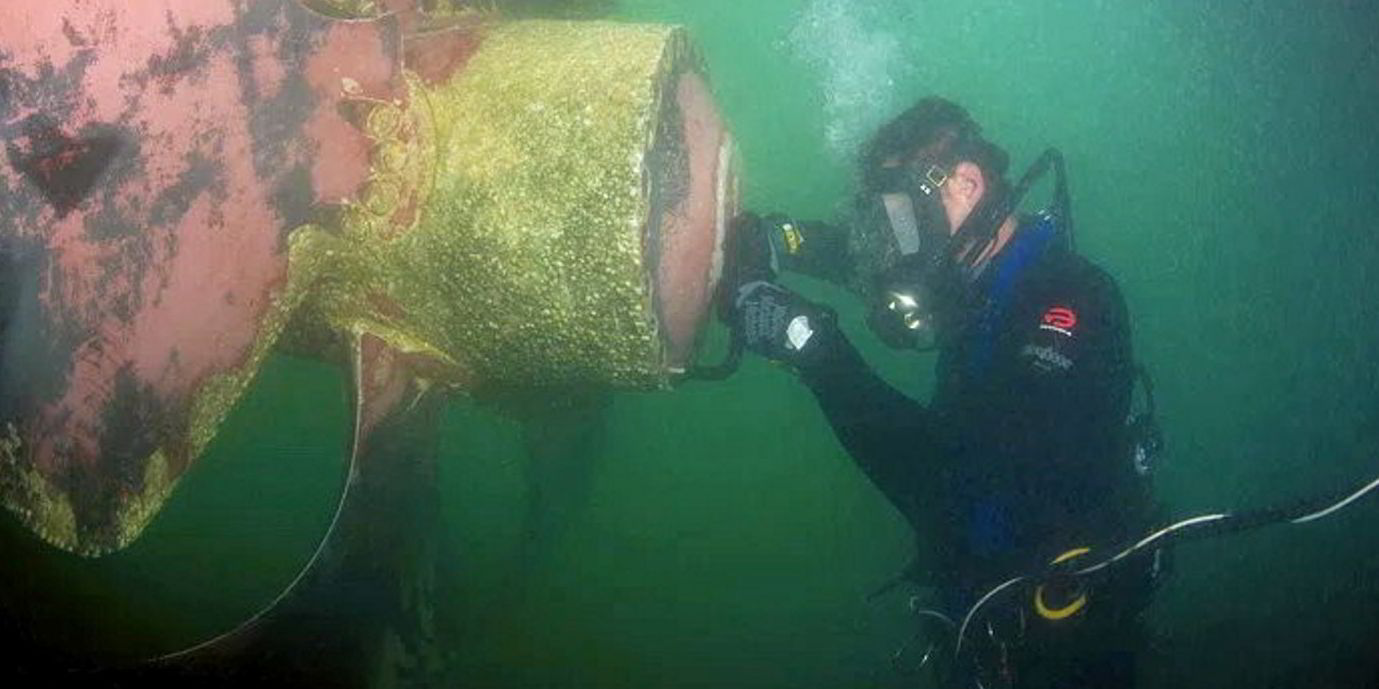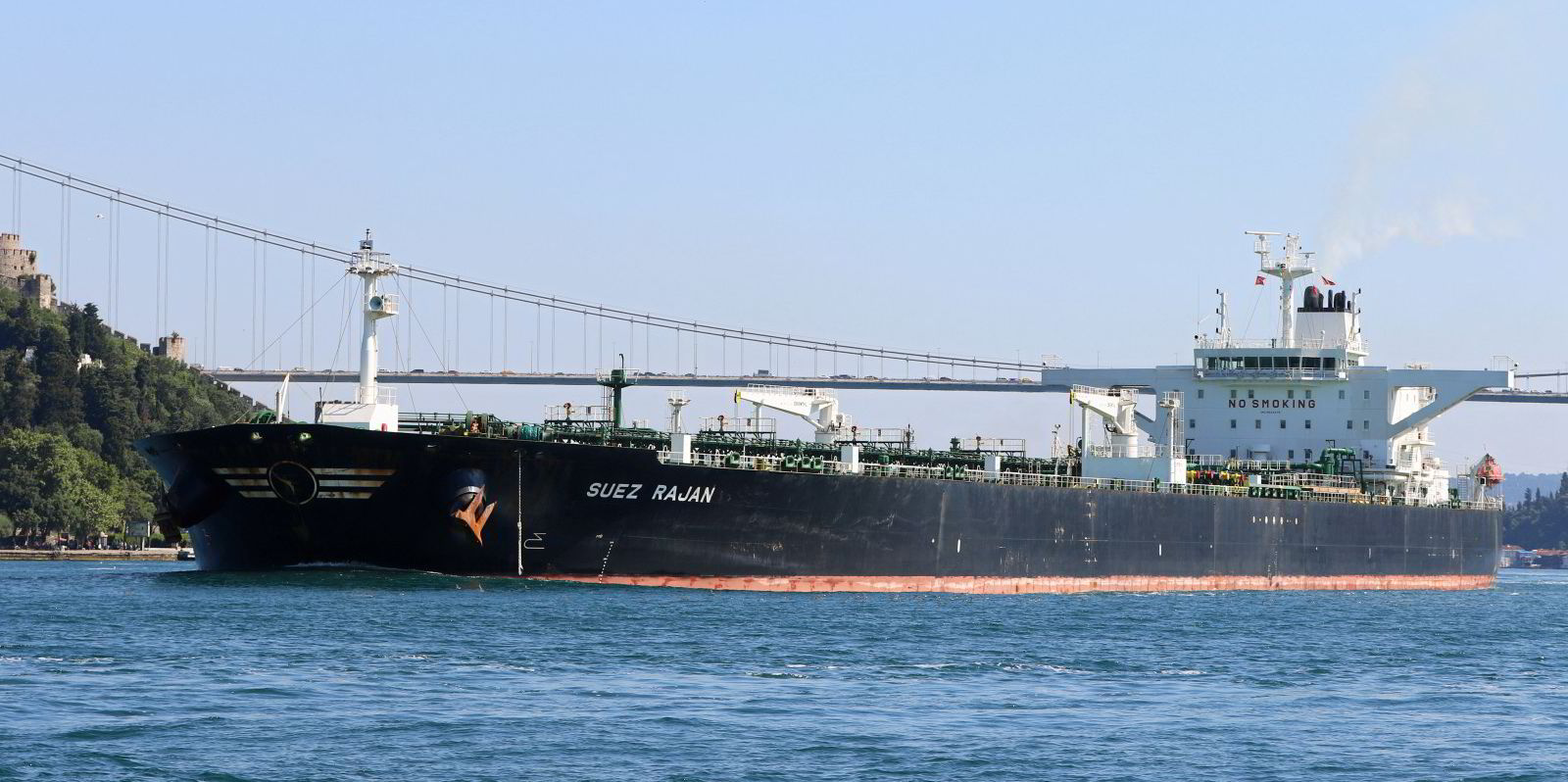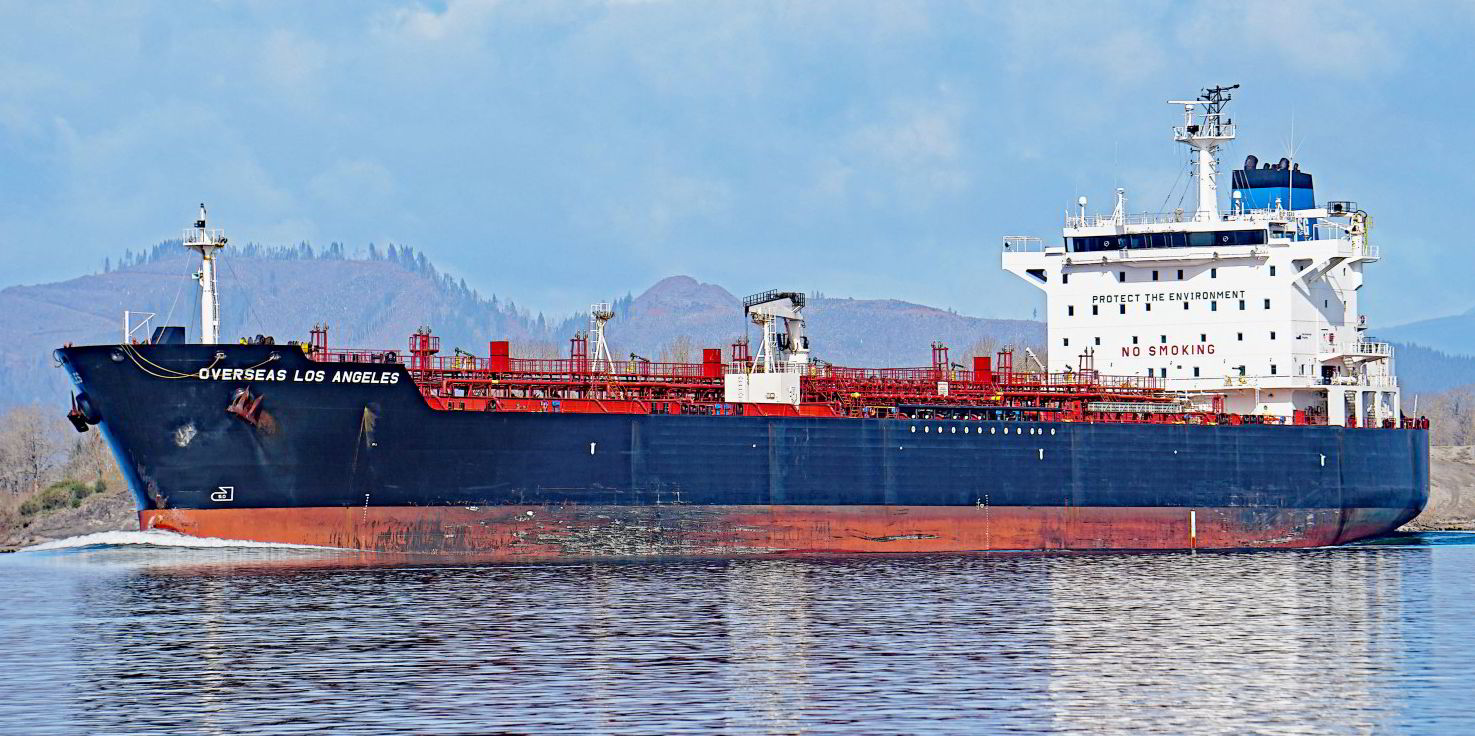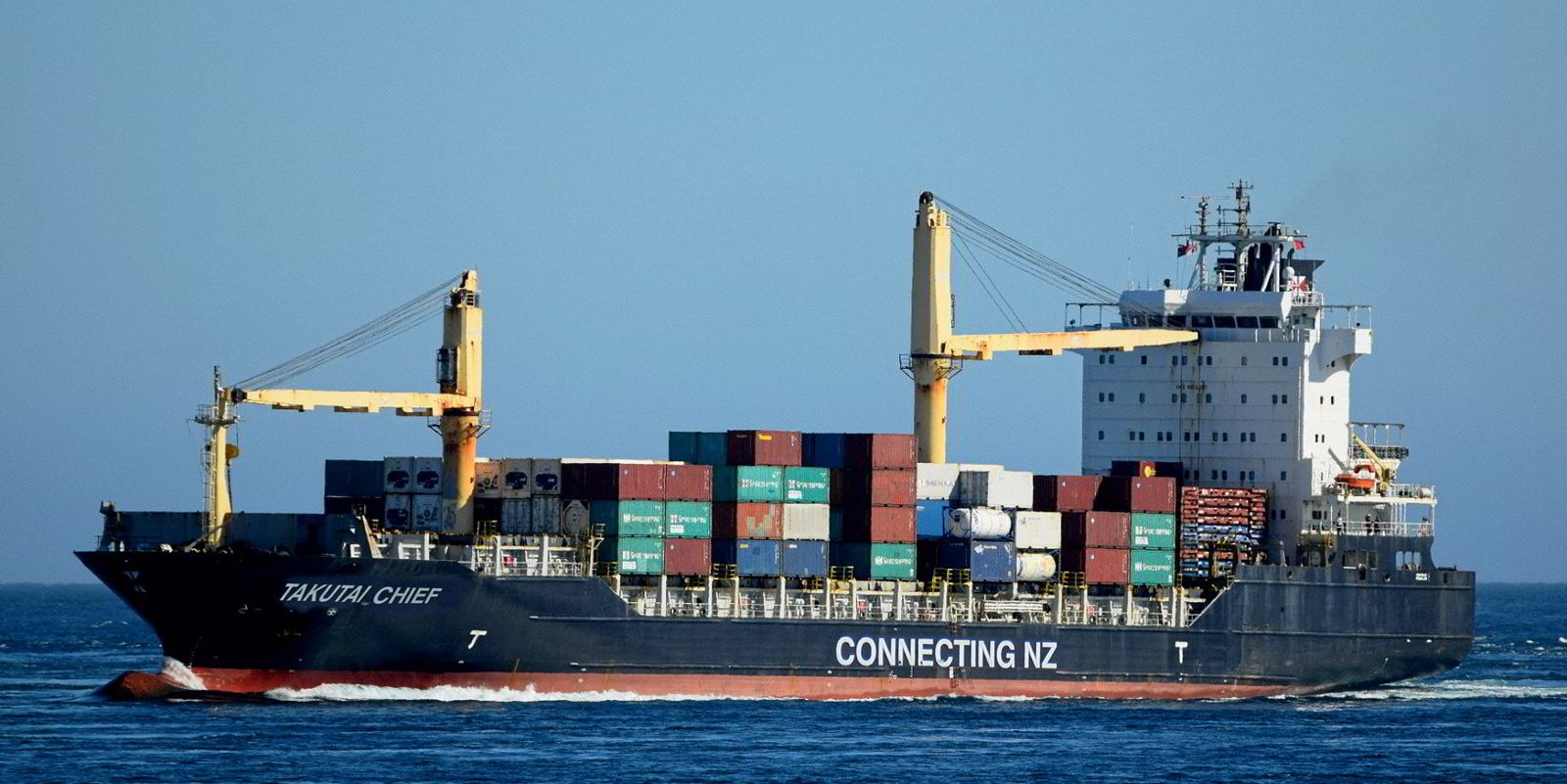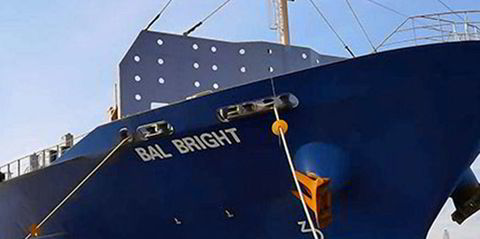A London High Court judge has ruled in favour of the head charterer of a Sea Globe Management & Trading bulker, the dry-bulk arm of Greece’s Laliotis group, in a case in which a sub charterer attempted to overturn an arbitration award that found it liable for post-voyage hull cleaning costs.
The $74,500 claim might be small, but Ince & Co, whose lawyers acted on behalf of Langlois Enterprise Ltd, the disponent owner of the 80,300-dwt Globe Danae (built 2010) said the ruling has a large impact because it removes any uncertainty over who is responsible for hull fouling and any doubt about whether it is necessary for the owner to prove and calculate loss of time and damages.
Hong Kong-registered Smart Gain Shipping fixed the Global Danae on 9 June 2021 to carry a cargo of metallurgical coke from eastern India to Brazil.
The ship was delivered to Smart Gain on 10 June and proceeded to load in Haldia.
On arrival in Brazil, the intended receivers rejected the cargo, and as a result, the vessel remained idle in a laden state in the tropical waters of Brazil for at least 42 days.
The ship was redelivered following the completion of discharge on 4 September 2021. Smart Gain did not undertake any hull cleaning, and it was left to Langlois to do it so that the Global Danae could perform its next fixture, set to begin on 16 September.
Clause 86 in the charter form used for the fixture stipulated that Langlois would not be responsible for any decrease in speed or increase in fuel consumption of the vessel caused by the sub charterers staying in ports exceeding 25 days trading in tropical waters and 30 days in non-tropical waters.
In such a case, underwater cleaning of the hull had to be done “at the first workable opportunity” and always at the sub charterers’ time and expense.
Langlois’ $74,500 claim comprised mainly loss of time spent cleaning at the hire rate of $55,100 per day.
The matter ended up in arbitration. At issue was the wording of Clause 86 in the charterparty.
Smart Gain’s case was that the clause is intended to operate during the charterparty to give the shipowners a claim for hire in respect of the time taken for underwater cleaning.
However, with hull cleaning after redelivery, Langlois’ claim is confined to damages for loss of time — for example, by proving that the cleaning prevented the vessel being further chartered — not the claim in debt that would be the case if it remained on hire.
In contrast, Langlois’ case was that Clause 86 means what it says: cleaning is to be “always at charterers’ time” and therefore means charterers must always pay for the time associated with the underwater cleaning.
At arbitration, the tribunal found that Clause 86 created a debt claim in relation to the time element and charterers remained liable regardless of the actual loss of time.
The tribunal ruled that Clause 86 imposed an obligation on the charterers to arrange underwater cleaning at the first workable opportunity at their time and expense, and it was conceivable that this could be after final discharge.
Smart Gain appealed, submitting that the tribunal was wrong. Clause 86, it argued, was intended to operate during the charterparty to give Langlois a claim for hire in respect of the time taken for underwater cleaning if hire was unpaid.
Underwater cleaning, the company argued, was to be carried out at the sub charterers’ expense, with the vessel remaining on hire until cleaning had taken place, but if cleaning was carried out after redelivery, thedisponent owner could only claim damages for breach of charterparty and were not entitled to claim hire at the hire rate.
Smart Gain further argued that since hull cleaning took place after redelivery, the primary obligation to pay charter hire did not survive.
Delivering his verdict, Sir Ross Cranston said that while Clause 86 was “not as straightforward as one might like”, the arbitration tribunal was correct in its conclusion as to what the parties intended according to the language of the clause, its practical context and its commercial purpose.
“The rationale of Clause 86 is that the vessel needs underwater cleaning because of the charterers’ orders that it remain idle and must therefore pay for the time and cost of remedying the consequent fouling,” he said.
“The vessel can be redelivered unclean, but in that case the charterers must compensate the owners at the hire rate for the time when cleaning is undertaken.
“What would not be commercially sensible is to provide the charterers with an incentive to redeliver the vessel without cleaning, and to evade having to pay hire for the time spent cleaning, unless there was a workable opportunity for that to be undertaken before redelivery,” the judge said when dismissing Smart Gain’s appeal.
Sea Globe Management was not involved in the dispute.
